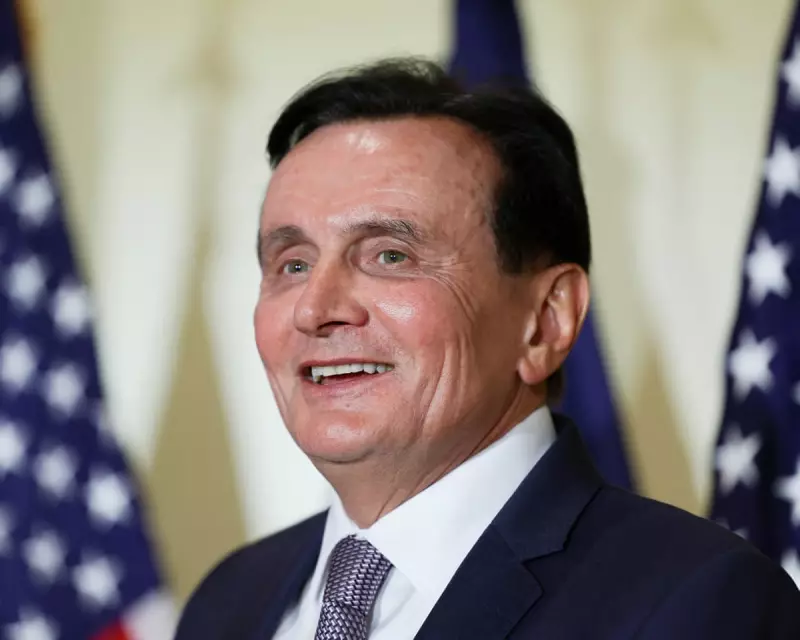
The head of one of Britain's largest pharmaceutical companies has delivered a stark warning about the future of medicine access within the National Health Service. Sir Pascal Soriot, Chief Executive of AstraZeneca, stated that NHS patients risk being restricted to generic medications unless the health service agrees to pay more for innovative branded drugs.
The Cost of Innovation vs NHS Budgets
In a dramatic intervention that highlights the growing tension between drug manufacturers and the publicly-funded health service, Soriot argued that current pricing models are unsustainable for developing new treatments. "If the NHS doesn't pay more, patients will only get generics," he declared, emphasising that research and development for breakthrough medicines requires substantial investment.
What This Means for British Patients
The implications of this warning are profound for millions of NHS patients:
- Reduced access to newly developed, targeted therapies
- Potential delays in receiving cutting-edge cancer and rare disease treatments
- Growing disparity between private healthcare and NHS treatment options
- Longer waiting times for effective new medicines reaching patients
The Pharmaceutical Industry's Stance
AstraZeneca, which maintains significant research and manufacturing operations in the UK, represents broader industry concerns about the country's approach to drug pricing. The company has invested heavily in developing treatments for conditions ranging from cancer to respiratory diseases, but questions whether the NHS valuation system adequately reflects this innovation.
"We cannot continue developing new medicines if the system doesn't recognise their value," Soriot emphasised, pointing to the lengthy and costly process of bringing new drugs to market.
The NHS's Dilemma
The health service faces an unenviable position, balancing constrained budgets against patient demand for the latest treatments. With waiting lists at record levels and financial pressures mounting, NHS negotiators must weigh the benefits of new drugs against their substantial costs.
This standoff comes at a critical time for UK healthcare, as the system grapples with post-pandemic backlogs and increasing demand for sophisticated medical treatments.
Looking Ahead: A Generic Future?
If a resolution isn't found, Soriot's warning suggests the UK could become a market dominated by cheaper generic alternatives once drug patents expire. While generics play a crucial role in healthcare affordability, they typically arrive years after innovative treatments first become available.
The pharmaceutical leader's comments are likely to ignite fresh debate about how Britain values medical innovation and what level of healthcare access patients can expect from the world's fifth-largest economy.





